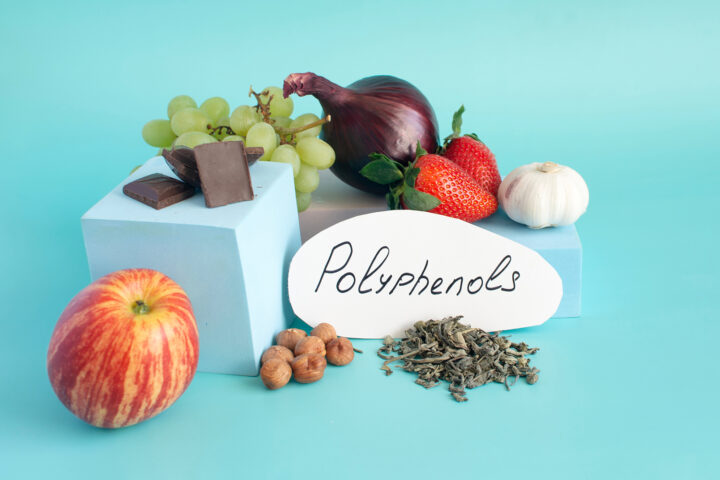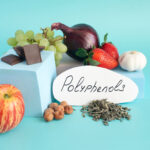What is Glutathione?
Glutathione is an enzyme that plays a vital role in protecting cells from oxidative damage. It is produced naturally in the liver and is involved in various critical bodily functions, including detoxification, immune system support, and maintaining the redox balance between within cells.
Often referred to as the “master antioxidant,” is a powerful molecule composed of three amino acids: cysteine, glycine, and glutamic acid. It is crucial for maintaining cellular health and combating oxidative stress, which is the damage caused by free radicals in the body. Understanding the role of glutathione in human aging can provide valuable insights into how we can enhance healthspan and longevity.
The Role of Glutathione in Aging
As we age, the levels of glutathione in our bodies tend to decrease. This decline is associated with increased oxidative stress and a higher risk of chronic diseases, including neurodegenerative disorders and cardiovascular diseases. Research shows that maintaining adequate glutathione levels is essential for mitigating age-related cellular damage and promoting healthy aging.
Research has found that many chronic diseases are associated with a reduction in glutathione levels, leading to the hypothesis that increasing glutathione levels can help prevent and/or mitigate the progression of these diseases. Below is a list of some of the diseases and issues associated with glutathione dysregulation or deficiency:
- Aging and related disorders
- Alzheimer’s disease
- Cancer
- Chronic liver disease
- Cognitive impairment
- Cystic fibrosis
- Diabetes, especially uncontrolled diabetes
- HIV/AIDS
- Hypertension
- Infertility in both men and women
- Lupus
- Mental health disorders
- Multiple sclerosis
- Neurodegenerative disorders
- Parkinson’s disease
Recent Research Findings
Recent studies have highlighted the importance of glutathione in maintaining mitochondrial health. Mitochondria, the energy-producing organelles in cells, rely on glutathione to combat oxidative damage and function optimally. A 2023 study published in Science demonstrated that maintaining glutathione homeostasis is crucial for preventing mitochondrial dysfunction, a common feature of aging cells.
Glutathione’s role extends to brain health, where it helps protect neurons from oxidative stress and supports cognitive function. A study conducted by researchers at Baylor College of Medicine found that supplementing with GlyNAC (a combination of glycine and N-acetylcysteine) significantly improved cognitive abilities and brain health in aging mice by boosting glutathione levels.
Additionally, a narrative review published in Nutrients suggests that genetic variability in enzymes involved in glutathione production can influence an individual’s capacity to maintain optimal glutathione levels. This variability may affect susceptibility to oxidative stress and related chronic diseases.
Foods With Glutathione
There are several ways to naturally increase glutathione levels in the body. Consuming sulfur-rich foods such as garlic, onions, and cruciferous vegetables can enhance its production. Additionally, vitamin C-rich foods and supplements like N-acetylcysteine (NAC) are known to support glutathione synthesis.
Some foods rich in glutathione (nM/g) include:
- Asparagus – 349
- Avocado – 339
- Spinach – 313
- Green Beans – 230
- Papaya – 136
- Cucumber – 123
- Tomato – 64
- Mango – 59
- Green Squash – 47
- Red Pepper – 42
- Strawberry – 39
- Yellow Squash – 39
- Parsley – 17
- Grapefruit – 13
- Green Pepper – 8
- Cauliflower – 6
- Lemon – 5
- Orange – 5
- Potato – 5
- Broccoli – 4
- Carrot – 4
The Nutrients review emphasizes that dietary interventions with foods high in glutathione or those that support its production, such as whey protein, selenium-rich foods, and green tea, can significantly boost glutathione levels and enhance overall antioxidant capacity.
Optimizing Glutathione Production with Nutrients
Various nutrients can support the production and maintenance of glutathione. These include:
- Alpha-lipoic acid: Known for its ability to regenerate glutathione and directly scavenge free radicals.
- N-acetylcysteine (NAC): Provides cysteine, a critical precursor for glutathione synthesis.
- Selenium: A cofactor for glutathione peroxidase, an enzyme involved in reducing oxidative stress.
- Vitamin C and E: These antioxidants help regenerate glutathione and reduce oxidative damage.
Supplementing with these nutrients can help mitigate the effects of aging and chronic diseases by maintaining optimal glutathione levels.
The Future of Glutathione Research
Ongoing research continues to explore the therapeutic potential of glutathione in aging and age-related diseases. Clinical trials are examining the effects of glutathione supplementation on human health, with promising results that suggest it may play a significant role in extending healthspan and improving quality of life in the elderly.
Glutathione is a critical antioxidant that protects cells from damage and supports various bodily functions. Its importance in aging and longevity cannot be overstated, as it helps mitigate oxidative stress and promotes cellular health. By understanding and harnessing the power of glutathione, we can make significant strides in enhancing healthspan and improving overall well-being.












